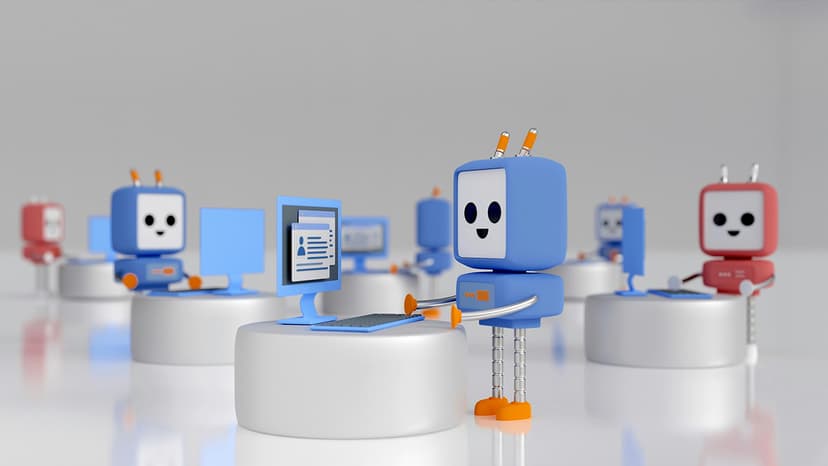5 Reasons Why Customer Support Agents Are Getting Behind
There are a number of reasons why human agents are getting behind. These include the sheer volume of inquiries, rising customer expectations for swift and personalized service, reliance on outdated technology, the complexity of inquiries, and the high-pressure work environment. To address these challenges effectively, businesses are increasingly exploring the integration of automation and AI technologies to complement the capabilities of their human support teams and deliver a seamless customer support experience.
1. Volume of Inquiries
The modern era has witnessed an unprecedented surge in the volume of customer inquiries. Several factors contribute to this phenomenon. Firstly, the proliferation of e-commerce platforms has made it easier for customers to purchase products and services online, resulting in a surge in post-sale inquiries, including order status checks, returns, and refunds. Secondly, the growth of social media has provided customers with new channels to reach out to businesses, further increasing the volume of inquiries. Lastly, the increasing complexity of products and services means that customers often require more detailed assistance, leading to longer interactions.
2. Rising Customer Expectations
The digital age has brought about a significant shift in customer expectations. Today's customers expect swift, convenient, and personalized service. They demand the ability to get help quickly and seamlessly, without waiting on hold or navigating through complex phone menus. The rise of instant messaging and chat support platforms has amplified these expectations, with customers seeking real-time responses to their queries. Furthermore, customers have become more vocal about their dissatisfaction when these expectations are not met, often using social media platforms to voice their frustrations.
3. Outdated Technology
Another critical challenge faced by human agents is the use of outdated technology in their daily work. Many customer support teams are hindered by legacy systems and tools that have not kept pace with the evolving demands of the job. These outdated systems can be cumbersome and inefficient, making it difficult for agents to access relevant customer information quickly, track interactions efficiently, or provide seamless support across various communication channels. This reliance on antiquated technology not only impedes agents' productivity but also hinders their ability to offer the fast and accurate assistance that customers now expect.
4. Complexity of Inquiries
As products and services become increasingly sophisticated, customer inquiries have also grown in complexity. Customers often seek assistance with intricate technical issues, intricate billing discrepancies, or intricate product features. This complexity necessitates that customer support agents possess not only deep product knowledge but also problem-solving and critical-thinking skills. Meeting these demands can be challenging, particularly when agents are required to handle a wide range of complex issues.
5. High-Pressure Work Environment
The high-pressure nature of customer support can also contribute to the challenges faced by human agents. Dealing with a constant influx of inquiries, managing customer frustrations, and striving to meet demanding service level agreements can lead to agent burnout and attrition. Agents often face the daunting task of juggling multiple customer interactions simultaneously while maintaining a high level of professionalism and patience.
(Edited on September 2, 2024)












